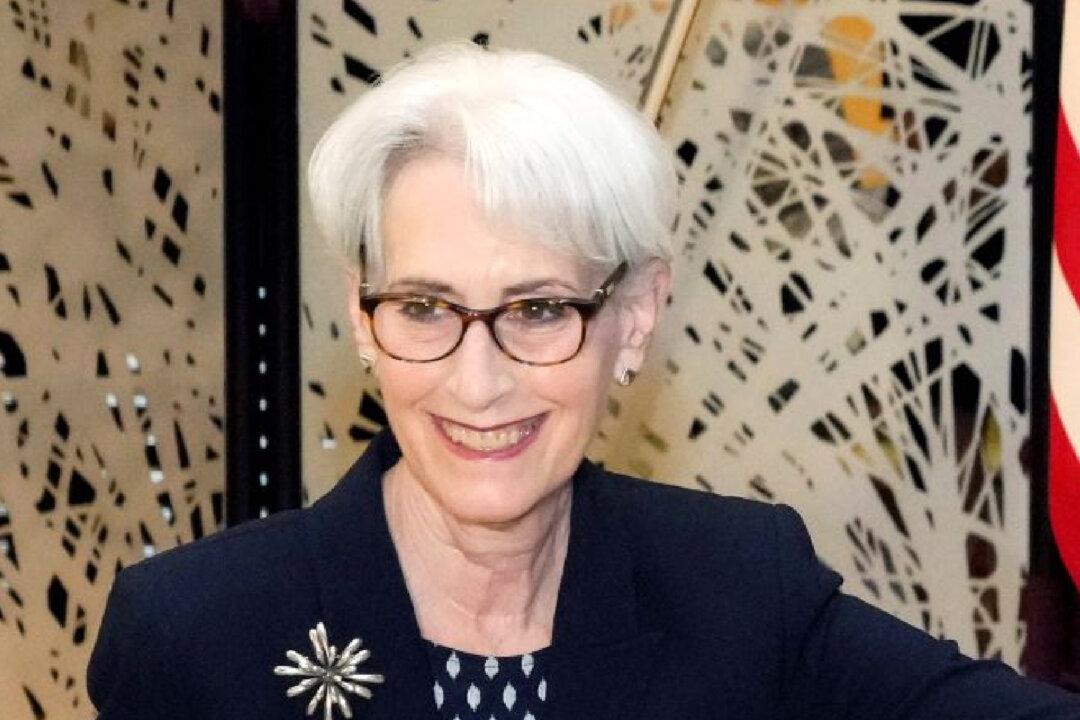As Beijing’s subversive role in the internal affairs of rival powers comes to occupy the world’s attention in the light of revelations following the downing of a spy balloon in American airspace over the weekend, law enforcement agencies and human rights advocates must look more closely into the role of so-called police stations established by China in foreign jurisdictions, as well as the persecution of Uyghurs in Xinjiang whose relatives publicly advocate for rights and freedoms.
That’s the view of Deputy Secretary of State Wendy Sherman, who offered testimony at a Thursday hearing of the Senate Foreign Relations Committee, “Evaluating U.S.-China Policy in the Era of Strategic Competition.” Also providing testimony was Ely Ratner, Assistant Secretary of Defense for Indo-Pacific Security Affairs.





